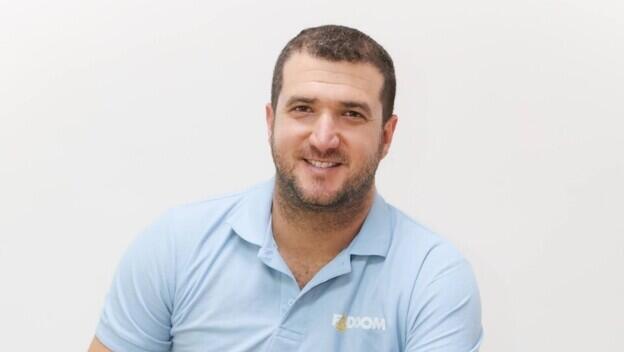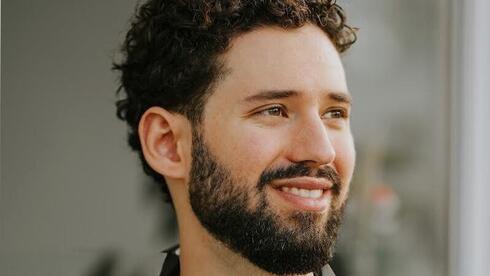
Opinion
How can we assist in the rehabilitation of the Negev and encourage tech to settle in the south?
"The southern region has gone through and is still going through a difficult period and requires significant rehabilitation. Therefore, especially during this time, investing in the Negev is more than just an economic project—it is an opportunity for social change," writes Shai Meinrath, Vice President of Employment at the DeserTech and Climate Innovation Center (DCIC).
The importance and potential of the Negev region have been widely discussed, even before the "Iron Swords" war. The past year has shown that there is a need to strengthen the Negev socially and economically, to rehabilitate and resettle the southern region, which has suffered significant damage due to the war. These goals must include increasing the number of quality jobs in the area to encourage people to return or relocate from the central part of the country. However, none of this will be possible without understanding the existing gaps and creating appropriate solutions to address them.
In recent years, efforts have been made to strengthen the region by promoting and implementing training in various fields, mainly in high-tech and technology professions, to create a workforce that can work for companies coming to the Negev. In practice, reality has repeatedly shown that training without establishing a stable business base and a variety of available jobs only increases the gap between the periphery and the center.
To change the situation, which has become more challenging due to the war and the evacuation of the population, efforts must be redirected to a different approach—developing physical and business infrastructures and creating conditions that will attract high-tech companies to the Negev. Companies need skilled personnel to establish a center in a specific location. But to create more jobs that align with the amount of training taking place in the south, the businesses providing these jobs need quality infrastructure and the understanding that there is economic and regional viability to invest resources in a location outside of the Tel Aviv metropolitan area.
Training programs are an important tool—but not the only one. When there are not enough available jobs, even those who have completed training are forced to migrate to the central part of the country in search of work, or those who resign from their previous jobs and fail to find work in the profession they were trained for are left without income. The result is not only personal distress but also harm to the local community, which does not benefit from the investments made in it.
Additionally, employers themselves are interested in reaching areas where business conditions are already favorable. Only once suitable conditions are in place can focused training programs be implemented to meet the specific needs of these companies, and these will happen through collaboration.
Moreover, there should be an emphasis on developing knowledge hubs and innovative infrastructures that focus on fields where the Negev has natural advantages. Creating such centers will not only make the region more attractive to companies but will also position it as a leader in strategic fields that are significant to the global market. An example of this is using the Negev's vast open areas, which can serve as testing grounds for projects that need to be examined on-site, such as drone experiments, infrastructure for the development of space industries, or converting areas for testing agricultural ventures.
To create change, a comprehensive approach is needed that connects physical infrastructures, regional advantages, and economic incentives to provide solutions for the skilled workforce in the Negev and create more technology jobs. For example, a company from the central region that wants to employ people from the south doesn't have to establish an official site in the area and rent its own offices. Instead, it can first work with excellent subcontractors that already exist in the region, in a business model that suits it, and thus benefit from the workforce in the Negev.
These days, when there is much talk about the future of the Negev and efforts to resettle it, there is an opportunity to transform the Negev into a significant technological hub in Israel, becoming an international center that will attract people from around the world to learn.
The establishment of professional "hubs" will create a complete ecosystem that will allow companies to expand to the south in a way that is financially beneficial to them. Only then—based on the specific needs emerging on the ground—can we develop a precise professional solution for human capital. This is an approach that grew out of the understanding that the business market needs more than standard solutions to create real change on the ground.
The southern region has gone through and is still going through a difficult period and requires significant rehabilitation. Therefore, especially during this time, investing in the Negev is more than just an economic project—it is an opportunity for social change. By strengthening knowledge-intensive employment in the region, it is possible to create equal opportunities even in the Negev, while strengthening the infrastructure and conditions for companies in the Negev region, enabling every resident to realize their full potential in their place of residence, bringing new residents to the area, and creating true equality of opportunity for residents across the country.
Shai Meinrath is Vice President of Employment at the DeserTech and Climate Innovation Center (DCIC).















